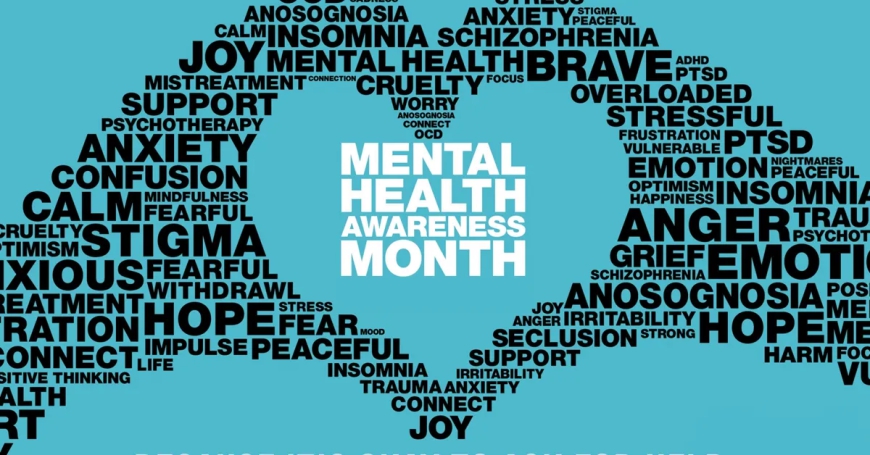Unpacking the Mental Health Crisis: Beyond Medicalization to Addressing Structural Causes
Explore the nuanced perspective on the mental health crisis in the post-pandemic era. Dr. Danielle Carr challenges the conventional narrative, emphasizing the need to move beyond medical solutions and delve into the structural and political roots of mental health issues. Discover why redefining the discourse is crucial for genuine, long-term solutions.

In this insightful exploration, Dr. Danielle Carr challenges the traditional narrative surrounding the mental health crisis, urging us to look beyond conventional medical solutions. Is the surge in demand for mental health services truly indicative of a crisis in mental health, or are political and structural factors at play?
Unmasking Political Issues: The Reification Concept Carr introduces the concept of reification, where political issues are cleverly masked as scientific or technical problems. She argues that framing mental health solely as a medical problem overlooks broader systemic and infrastructural conditions, diverting attention from essential questions about causation and inadvertently benefiting those in power.
The Pandemic's Mental Health Toll: Separating Fact from Fiction Analyzing the mental health toll of the Covid-19 pandemic, Carr sheds light on the root causes, often intertwined with economic security and the breakdown of societal fabric. The article challenges the popular notion of a mental health "epidemic," emphasizing that feelings of anxiety and sadness are normal responses to challenging circumstances.
Stress-Diathesis Model: Linking Stress to Mental Disorders Delving into the stress-diathesis model, Carr establishes connections between chronic stressors like poverty, political violence, and discrimination and the development of mental disorders. She suggests that effective, long-term solutions require addressing the underlying political and social conditions.
Scrutinizing the Medicalization of Mental Health Carr critiques the trend of medicalizing mental health, arguing that treating biological conditions necessitates tackling broader societal issues like reducing overall stress. The article takes a critical stance on current solutions, including the proliferation of venture-capital-backed mental health tech start-ups and the Biden administration's plan, which seems to focus more on regulating social media platforms.
A Call for a Shift in Focus: Advocating for Structural Solutions Advocating for change, Carr proposes a shift in focus towards solutions that address the deeper structural causes of the crisis. The article concludes by emphasizing the urgent need for a comprehensive fight for mental health, encompassing secure access to housing, food, education, job security, and addressing the looming climate crisis.
Conclusion: In essence, Carr urges a reevaluation of the mental health crisis, highlighting the importance of political solutions over medicalization to bring about real change in societal well-being. It's time to rethink our approach and pave the way for a more holistic understanding of mental health challenges.







